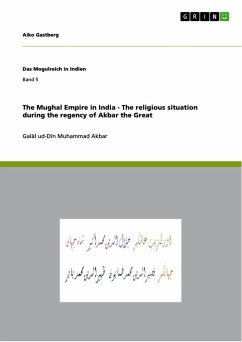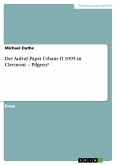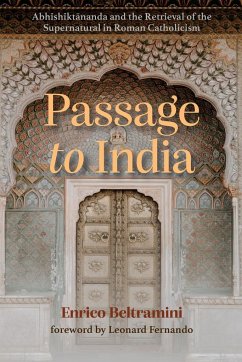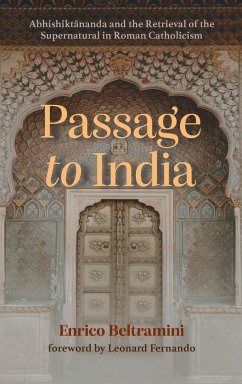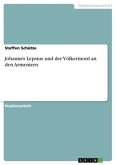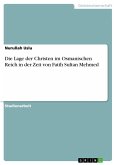Fachbuch aus dem Jahr 2012 im Fachbereich Theologie - Historische Theologie, Kirchengeschichte, Note: keine, Ruhr-Universität Bochum (Ceres - Centrum für religionswissenschaftliche Studien), Veranstaltung: VL: Hinduismus, Sprache: Deutsch, Abstract: The Mughal Empire developed at the beginning of the 16th century in India. Babur ( ahir ud-Din Muhammad Babur), who overthrew the sultanate of Delhi during the campaign of Panipat against Ibrahim Lodi in 1526 and occupied the cities Delhi and Agra, is considered to be the founder of the Empire. Babur however, died after a regency of only four years in 1530. His son Humayun (Nasir ud-Din Muhammad Humayun), who was able to form the empire only to a lesser extent, became his successor. Between 1556 and 1707 the Mughal Empire reached its heyday. Akbar, Jahangir, Shah Jahan and Aurangzeb, the ruling sovereigns during this period, expanded the empire's borders beyond a large part of the Indian Subcontinent. Due to the fact that the proportion of Hindus in the empire was significantly greater than the proportion of Muslims, cultural and religious connections often were the result (compare for example Conermann 2006).
Bitte wählen Sie Ihr Anliegen aus.
Rechnungen
Retourenschein anfordern
Bestellstatus
Storno

